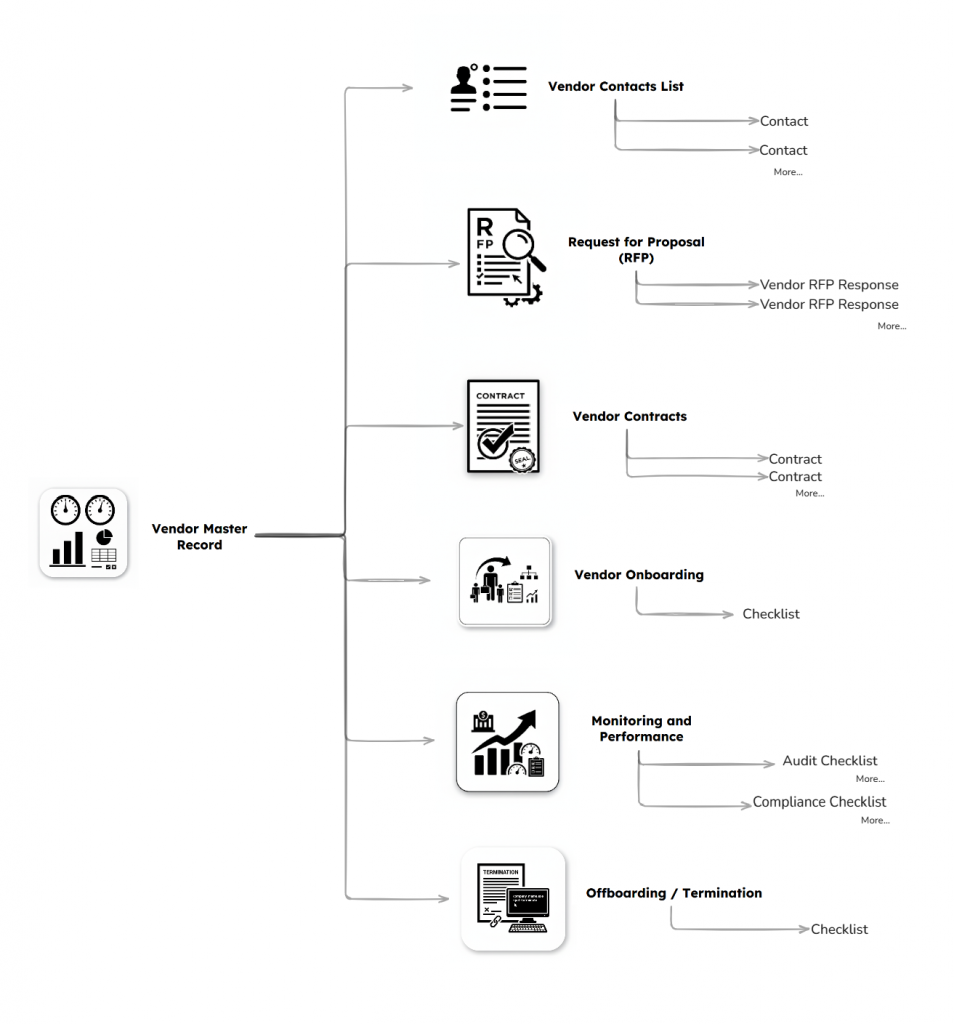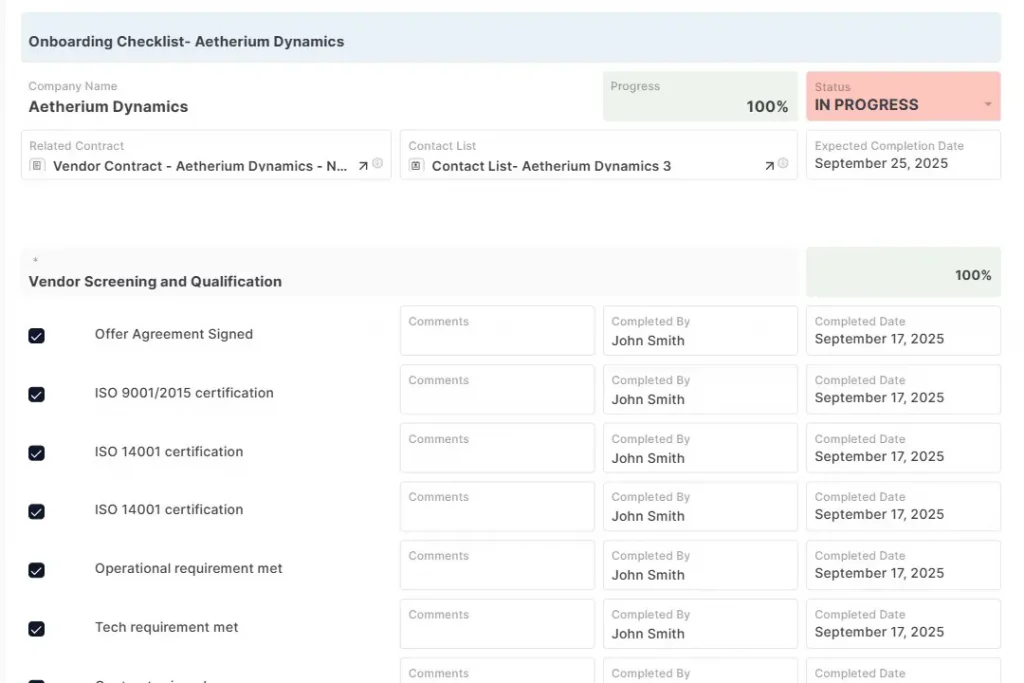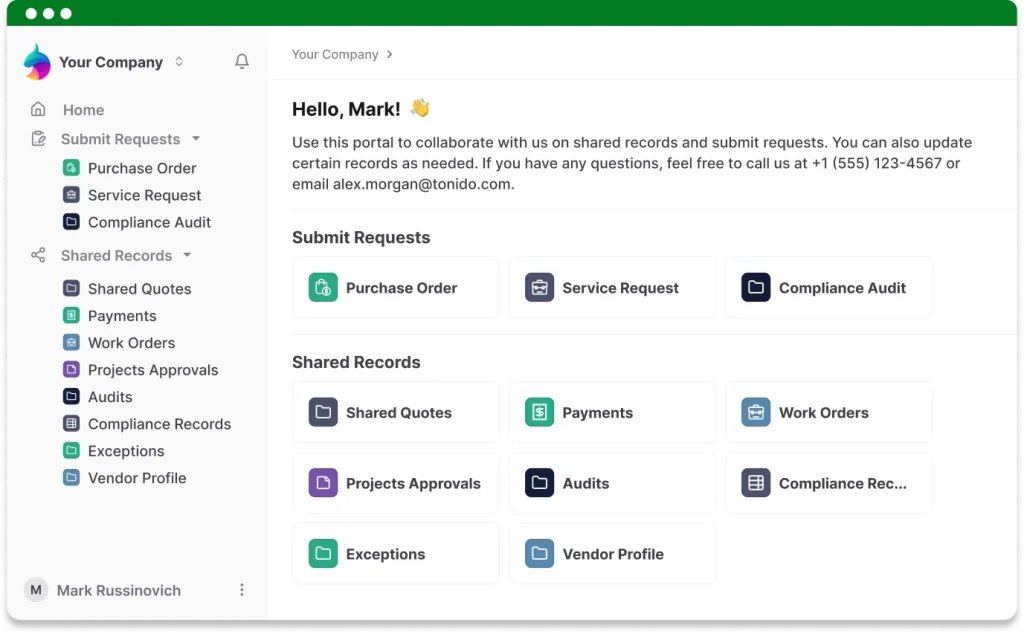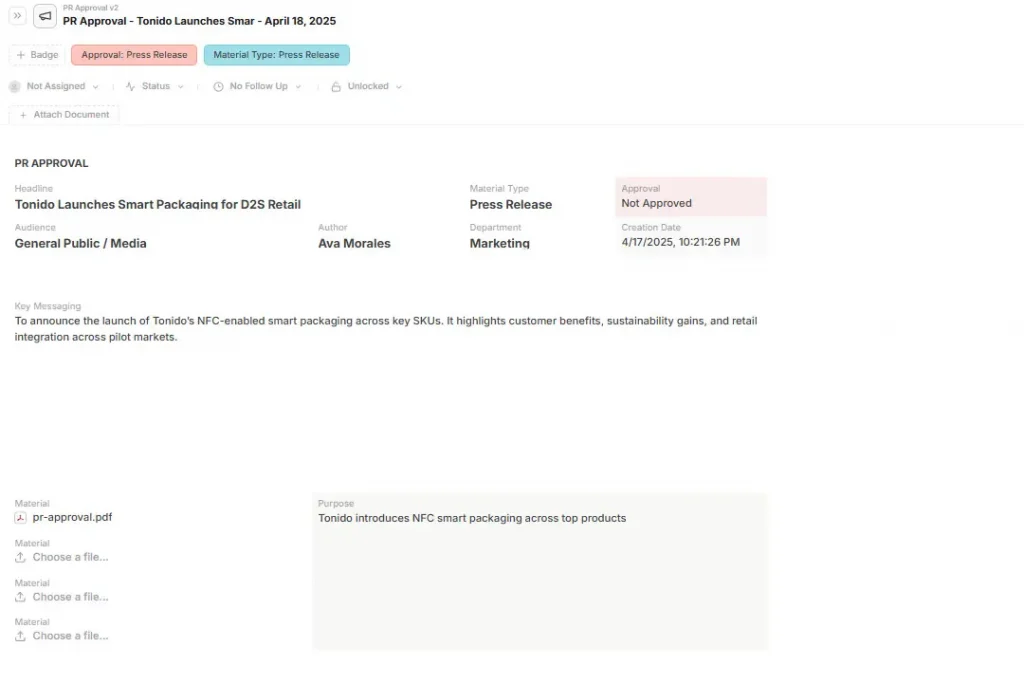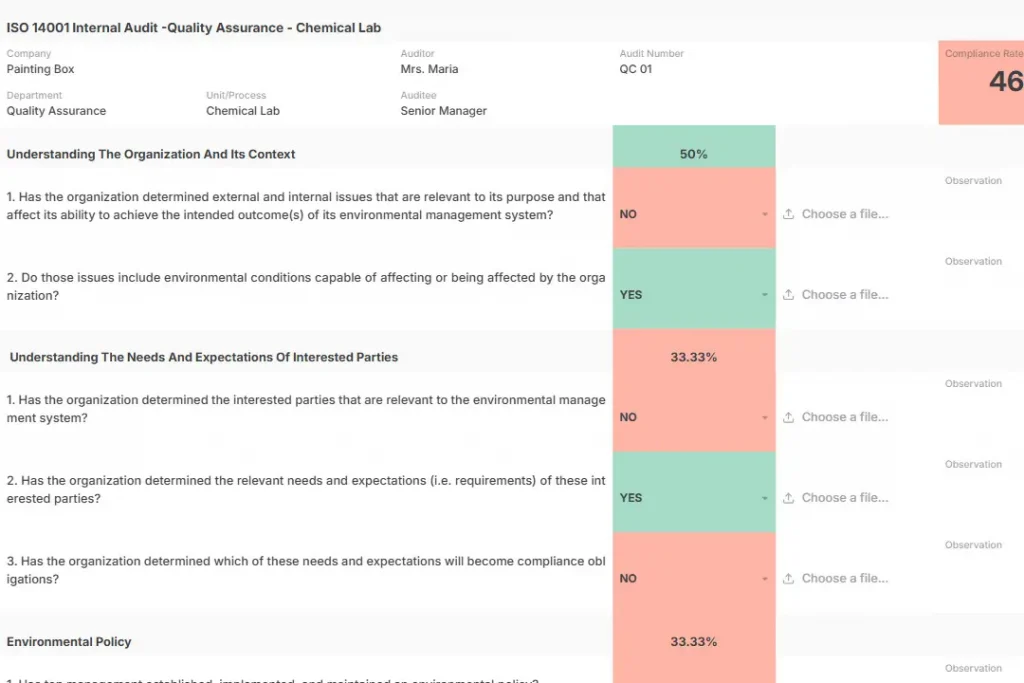Business Operations
Running a business involves far more than great ideas. It’s about how well you execute them day to day. The Business Operations category brings you practical strategies, automation tools, and actionable insights to help you streamline processes, boost collaboration, and make smarter, faster decisions.
Whether you’re managing a growing team, refining internal workflows, or searching for cost-efficient tech, this is where you’ll find content that meets your needs — without the fluff.
What Are Business Operations?
Business operations refer to the core activities, systems, and workflows that keep your company running efficiently. From task management and communication to data tracking and reporting, these operations support everything from delivering your product or service to managing internal teams.
They include both strategic and operational components, and when optimized, they reduce overhead, increase transparency, and drive better results across the board.
Key Aspects of Business Operations
The scope of business operations is wide, but some of the most critical aspects include:
- Workflow automation: Automating repetitive tasks to save time and reduce errors.
- Cross-functional collaboration: Creating systems that connect teams, tools, and data.
- Process optimization: Streamlining daily tasks for more efficient output.
- Data-informed decision-making: Using dashboards and reporting tools to guide strategy.
- Scalable systems: Implementing tools and processes that grow with your business.
Each of these areas contributes to building a more resilient, agile, and efficient business, especially in fast-paced, remote or hybrid work environments.
Why Business Operations Are Important
Solid operations don’t just keep the lights on. They unlock real growth. When your workflows are aligned, your data is centralized, and your team has the right tools, your company becomes more adaptable, more productive, and better equipped to deliver on its goals.
Without proper operations, businesses face miscommunication, wasted time, poor decision-making, and rising costs — all of which limit potential and scalability.
What You’ll Find in This Category
The category features content designed to help you run your business smarter, not harder. You’ll find articles on:
- Reducing SaaS costs with no-code solutions
- Optimizing workflows for growing teams
- Automating project tracking for real-time visibility
- Improving collaboration across departments
- Leveraging data for faster, more confident decision-making
Each piece is built to be practical, easy to apply, and aligned with the real challenges modern teams face. Whether you’re a startup founder, team lead, or operations manager, you’ll leave with tools and ideas to improve how your business runs — today and as it scales.
Corrective Action Plan (CAPA): From Root Cause to Resolution
A corrective action plan is a structured method for understanding why a problem occurred and ensuring it does not happen again. When it is clear and consistent, it reinforces safety, compliance, and everyday reliability.
Read MoreVendor Performance Management Software: Track KPIs and Compliance in Real Time with AnyDB
This is a system that helps companies check how well their suppliers are performing over time. It gives teams a structured way to watch quality, reliability, and cost-effectiveness, instead of relying on scattered data or memory (which is never as accurate as we hope it is).
Read MoreVendor Onboarding Best Practices: From First Contact to Full Integration
Vendor onboarding is one of those processes that quietly decides how well your operations actually run. It goes far beyond administrative work. It ensures quality, compliance, and reliability across your supply chain.
Read MoreContract Management Software: How to Choose the Right One
Contract management software is a centralized solution designed to manage every stage of a contract’s lifecycle, replacing manual processes.
Read MoreSupplier Onboarding: How to Simplify, Secure, and Scale the Process
Supplier onboarding is the process of registering, validating, and enabling new vendors so they can operate within a company’s policies and systems.
Read MoreBusiness Process Monitoring: How to Track and Improve Every Workflow in Real Time
Business Process Monitoring means tracking workflow performance across departments and systems, providing a clear, end-to-end view of how each process actually runs in real life.
Read MoreClient Portals for Marketing Agencies: How to Share Projects, Reports, and Files Securely
For marketing agencies, a client portal is more than a shared drive or another app link to send over email. It is a secure, branded online space where clients can log in to view project updates, download deliverables, share feedback, approve work, and track revisions.
Read MoreApproval Workflows 101: Automate Reviews, Approvals, and Tasks with Ease
A structured approval workflow solves the problem by turning chaos into clarity. It’s a simple idea, but a powerful one. Structure means every step has an owner, every decision is tracked, and every project moves forward without guesswork.
Read MoreThe Top Benefits of Customer Portal Software for Modern Companies
Customer portal software is the modern handshake between businesses and their clients. Instead of endless back-and-forth or waiting in support queues, customers step into a secure, self-service hub where they can: access files, track progress, submit request, approve documents, and view dashboards, and get answers on their terms.
Read MoreHow to Implement Audit Management Software in Your Organization
Auditing is changing fast. The days of spreadsheets, email chains, and manual checklists are slipping away, replaced by an approach that can actually keep pace with today’s business reality. Audit management software steps in with clarity. It brings planning, execution, reporting, and follow-up into one system, creating structure where there was once scattered effort.
Read MoreWhat is AnyDB?
AnyDB is a unified, customizable data store designed to streamline and empower your entire organization. Effortlessly store, organize, and share custom business data to drive both internal and external operations across teams. Think of it as spreadsheets on steroids.Perfect for Sales, Marketing, Operations, HR, and beyond. Discover AnyDB


